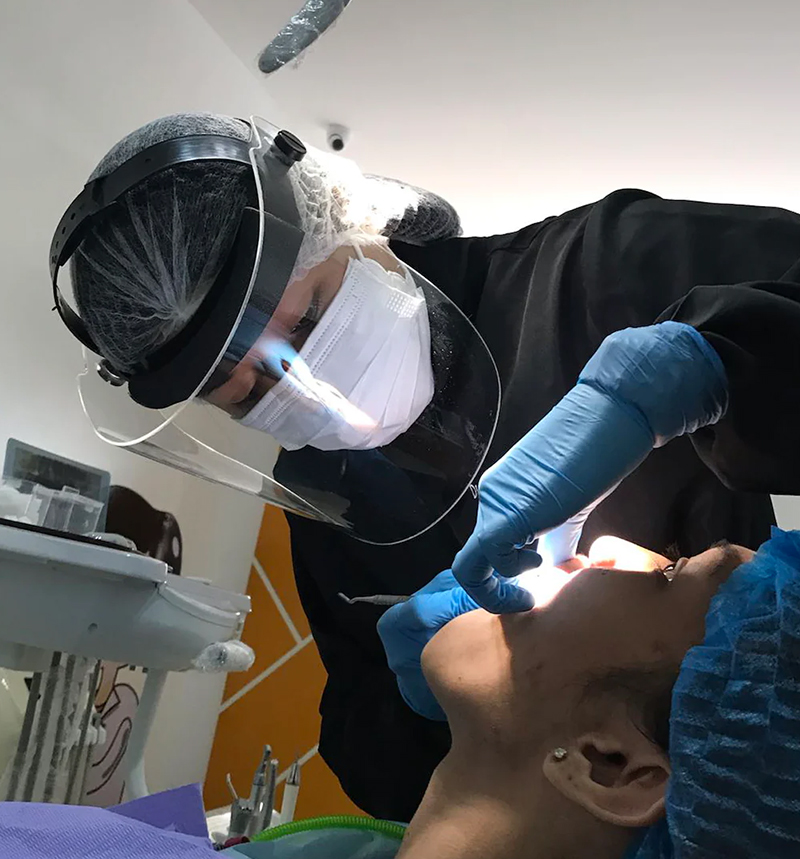Minor surgical procedures involve minimal intervention and are typically performed under local anesthesia. They are designed to treat specific dental issues efficiently and with minimal recovery time.
Quick Recovery
Less Invasive
Cost-Effective
Effective Treatment

Tooth Extractions
Procedure: Removal of a damaged, decayed, or impacted tooth.
Indications:Severe decay, infection, overcrowding, impacted wisdom teeth.
Recovery: A few days to a week; follow post-extraction care instructions.
Dental Implants
Procedure: Insertion of a titanium post into the jawbone to replace a missing tooth root, followed by attaching a crown.
Indications: Missing teeth.
Recovery: Several months for complete osseointegration; temporary discomfort.
Gum Surgery (Periodontal Surgery)
Procedure: Treatments such as gingivectomy, flap surgery, or gum grafting to address gum disease or reshape the gums.
Indications: Periodontal disease, gum recession.
Recovery: Varies by procedure; usually a few weeks.
Biopsies
Procedure: Removal of a small tissue sample for diagnostic purposes.
Indications: Suspicious lesions or growths in the mouth.
Recovery: Minimal; some discomfort at the biopsy site.
Frenectomy
Procedure: Removal or modification of the frenulum, the small fold of tissue under the tongue or upper lip.
Indications: Tongue-tie, speech issues, breastfeeding difficulties.
Recovery: Quick; typically a few days.
Consultation and Examination
Procedure Day
Post-Procedure Care
Pain Management
Oral Hygiene
Dietary Restrictions
Activity Limitations
Follow-Up Care
Minor surgical procedures play a vital role in maintaining and improving dental health with minimal disruption to your daily life. Understanding these procedures, their benefits, and proper aftercare can help you navigate the treatment process confidently. Consult your dentist to determine the most appropriate minor surgical procedures for your specific dental needs, ensuring a healthy and functional smile.